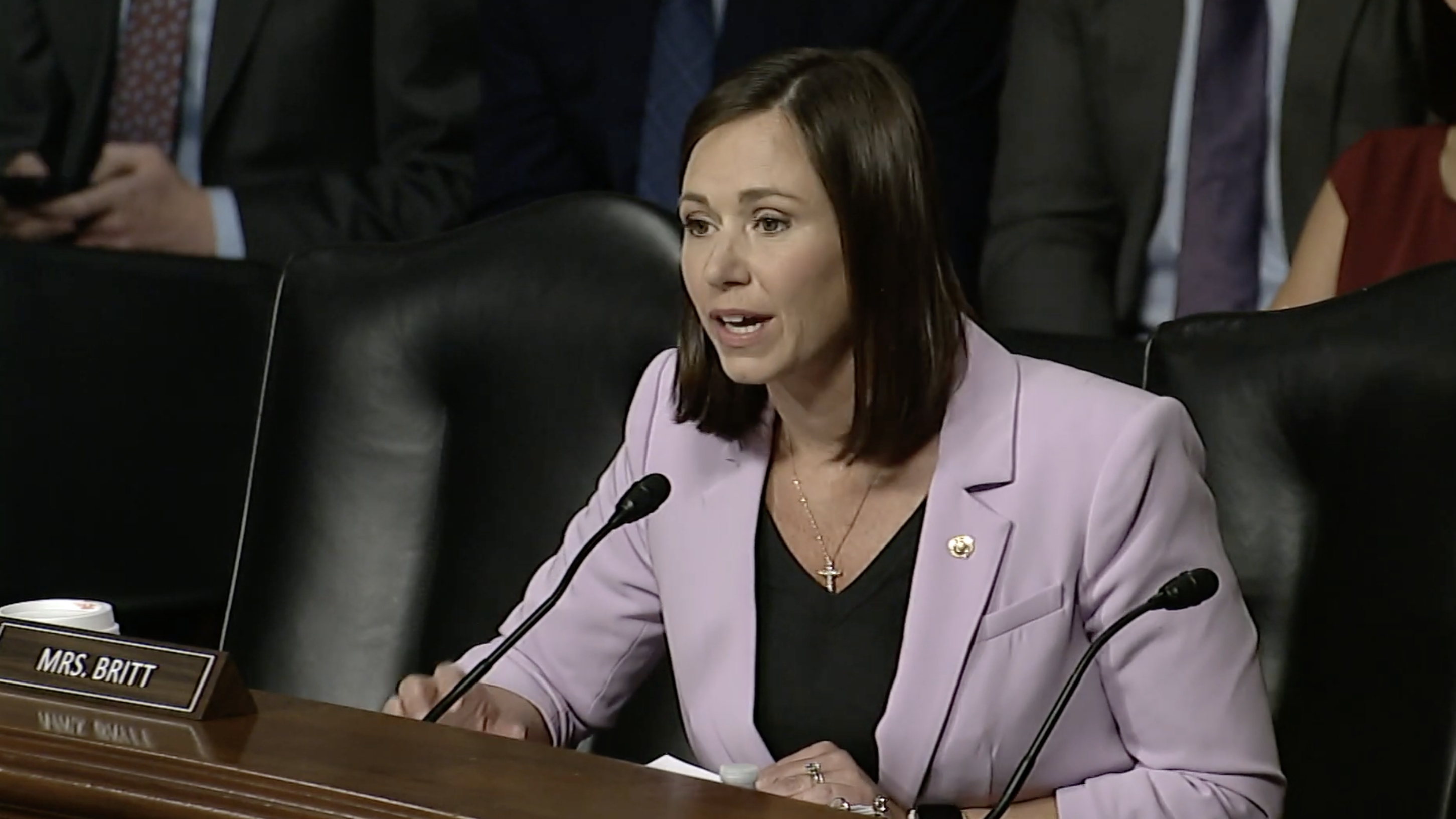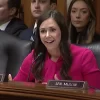U.S. Senator Katie Britt, R-Ala., recently joined Senator Jeanne Shaheen, D-N.H., in reintroducing the Access to Breast Cancer Diagnosis (ABCD) Act. The bipartisan, bicameral legislation would eliminate copays and other out-of-pocket expenses for breast cancer diagnostic tests, making them more accessible and affordable.
Under current law, insurance companies are required to provide no-copay coverage for breast cancer screenings but not diagnostic testing. If the initial screening shows that a patient may have breast cancer, further testing, including mammograms, MRIs, and ultrasounds, may be needed to make a diagnosis. An estimated 10% of screening mammograms require follow-up diagnostic testing. Regular diagnostic testing may also be recommended for patients who have had a prior breast cancer diagnosis or are genetically predisposed to breast cancer.
“The ability for women to receive an initial mammogram as part of their health insurance plan is a crucial, potentially lifesaving tool to detect breast cancer. This commonsense legislation would ensure that a warranted follow-up diagnostic examination is also covered by health insurers at no out-of-pocket cost to the patient. No woman across America should be faced with the impossible choice between affording basic necessities such as food or being able to confirm whether she has a life-threatening illness. I’m proud to help lead this effort to provide greater access to mammography so women can be diagnosed as soon as possible, giving them the widest variety of treatment options and the best chance to defeat this disease,” said Senator Britt.
“It is too hard and too expensive for people to get the breast imaging they require, a contributing factor to the nearly 44,000 breast cancer deaths expected this year alone,” Molly Guthrie, Vice President of Policy and Advocacy at Susan G. Komen, said. “We need this legislation passed as soon as possible so that people don’t face barriers to a timely diagnosis or face the impact of high out-of-pocket expenses for necessary imaging due to their personal circumstances. Thank you to Senators Jeanne Shaheen and Katie Britt and Representatives Debbie Dingell and Brian Fitzpatrick for their leadership on this vital legislation.”
The Breast Cancer Research Foundation of Alabama states that 1 in 8 women will be diagnosed with invasive breast cancer during their lifetime, including an estimated 4,500 women in Alabama in 2023.
Susan G. Komen estimates that in 2023, over 297,000 new cases of invasive breast cancer will be detected in women across the United States. Additionally, a Susan G. Komen study estimated that diagnostic tests can cost patients between $234 and $1,041.
Representatives Debbie Dingell, MI-06, and Brian Fitzpatrick, PA-01, recently introduced a companion bill, along with Reps. Colin Allred, TX-32, and Debbie Wasserman Schultz, FL-25.
The full bill text of the ABCD Act is available here.
Senator Britt is a member of the Senate Committee on Appropriations’ Subcommittee on Labor, Health and Human Services, Education, and Related Agencies.






















































